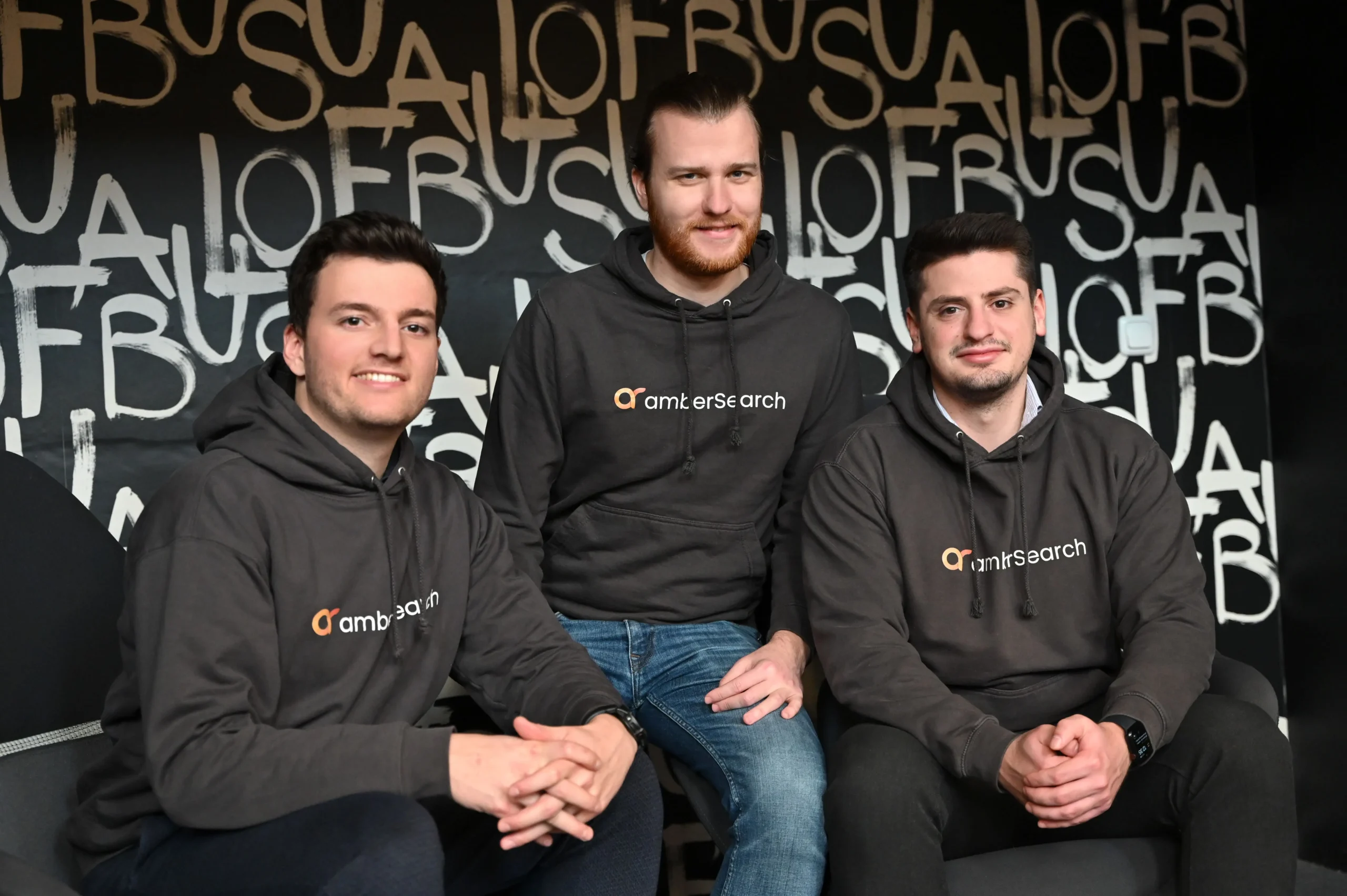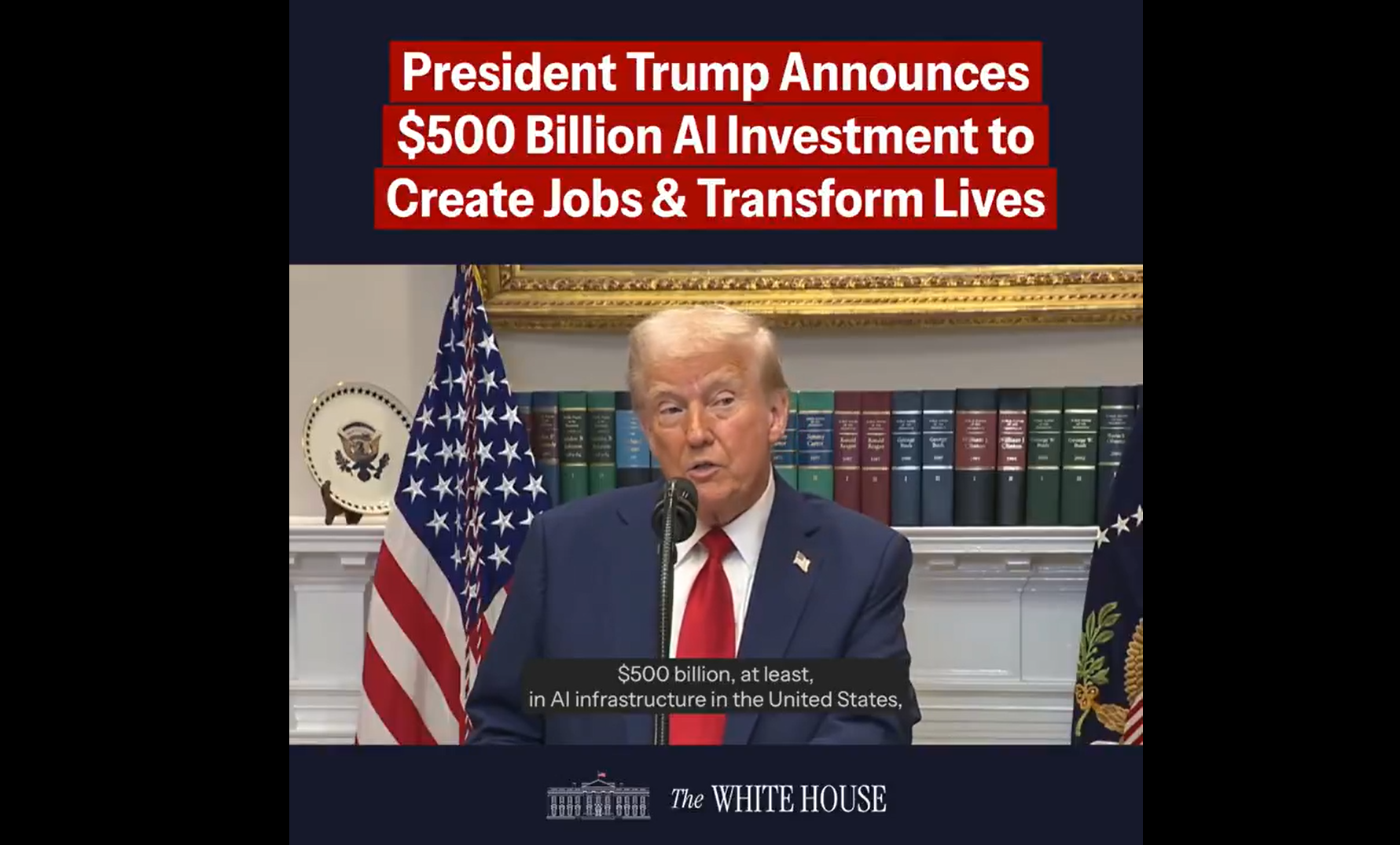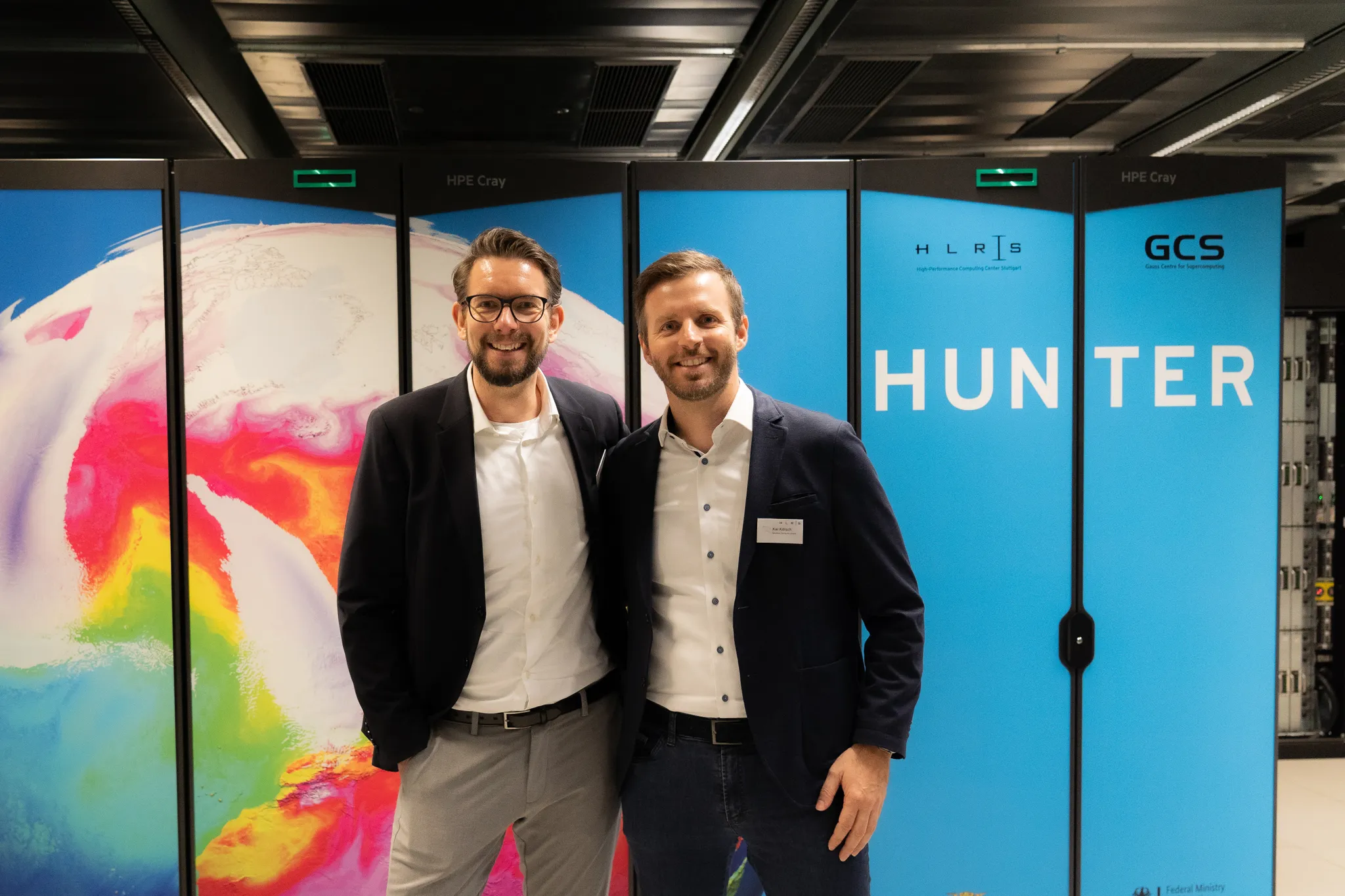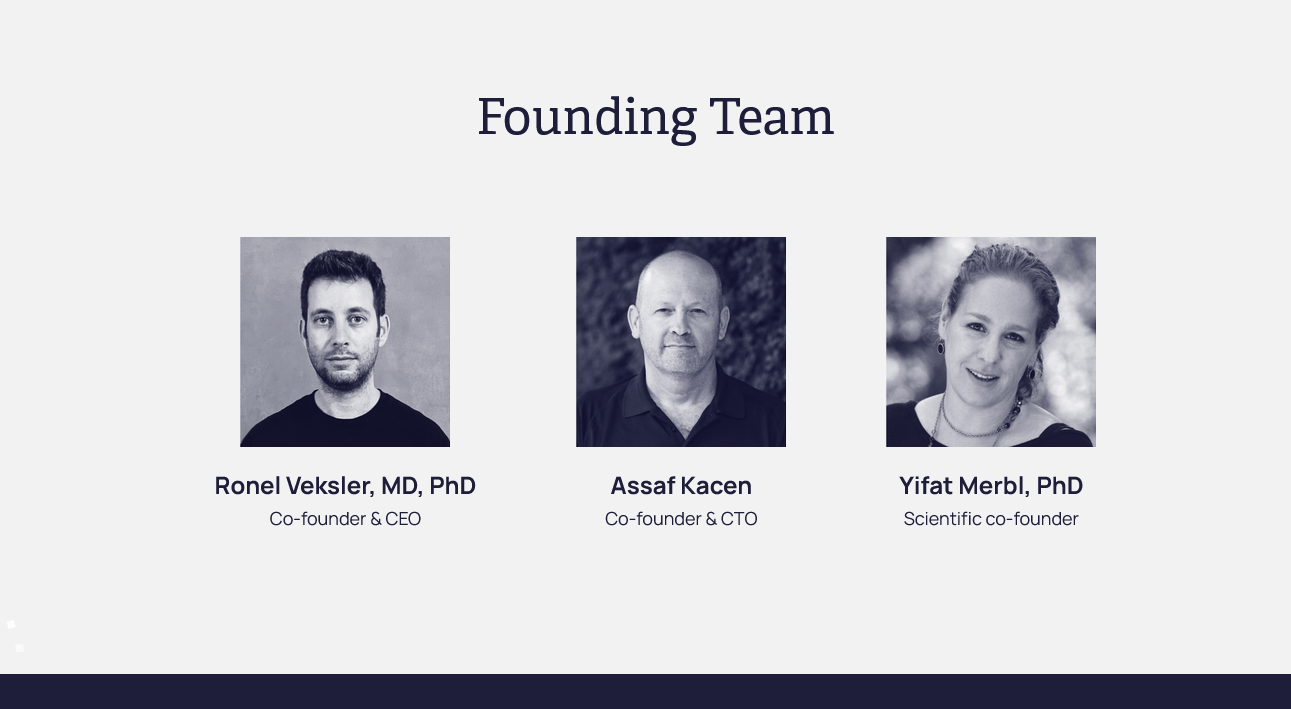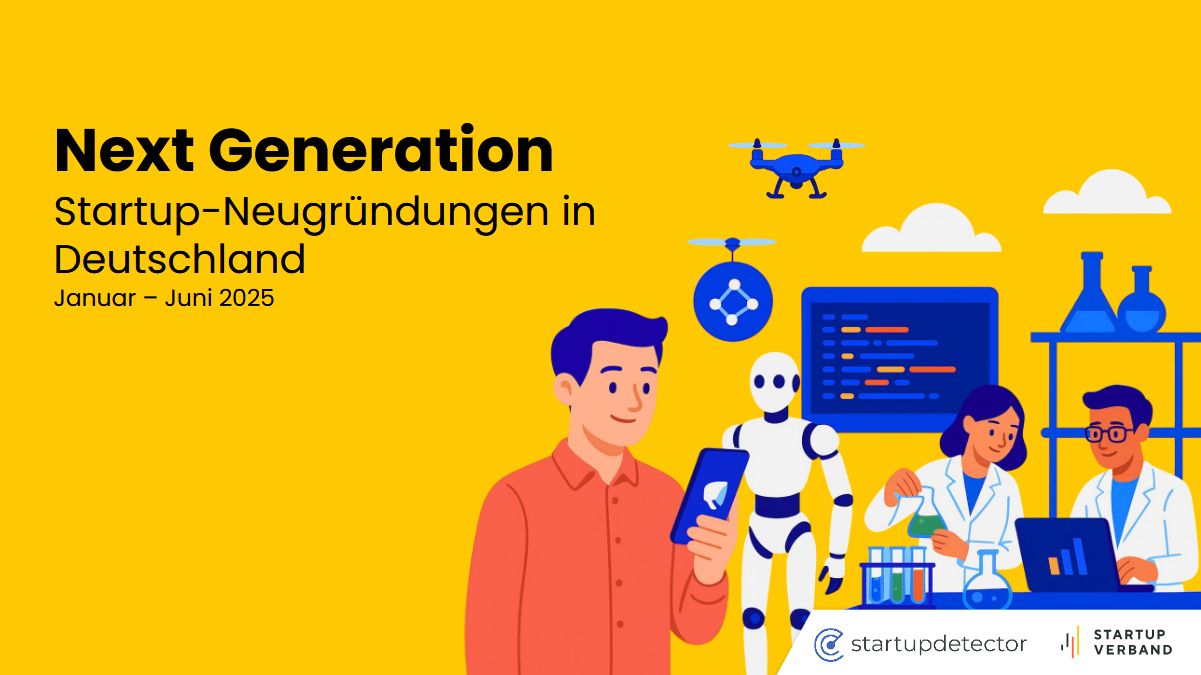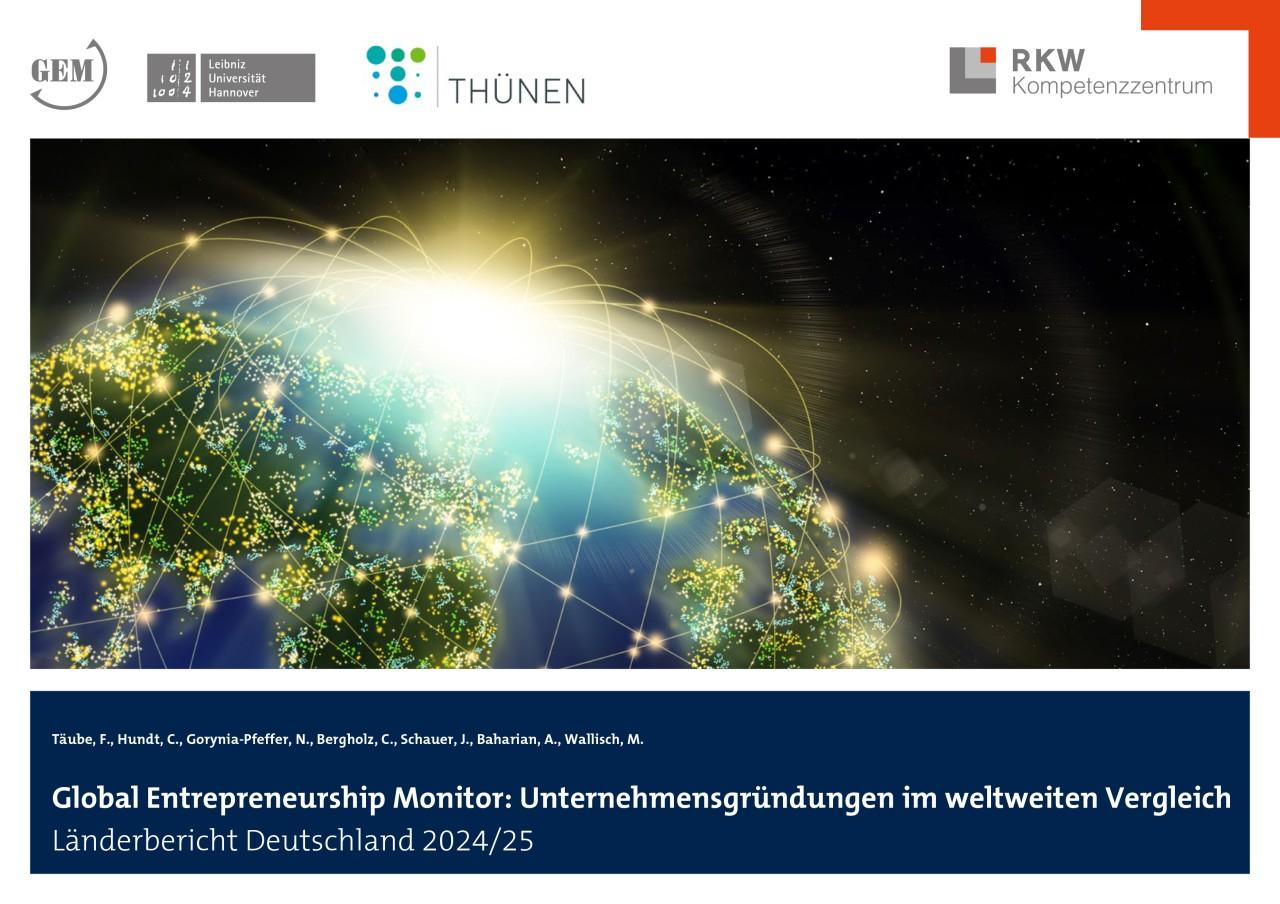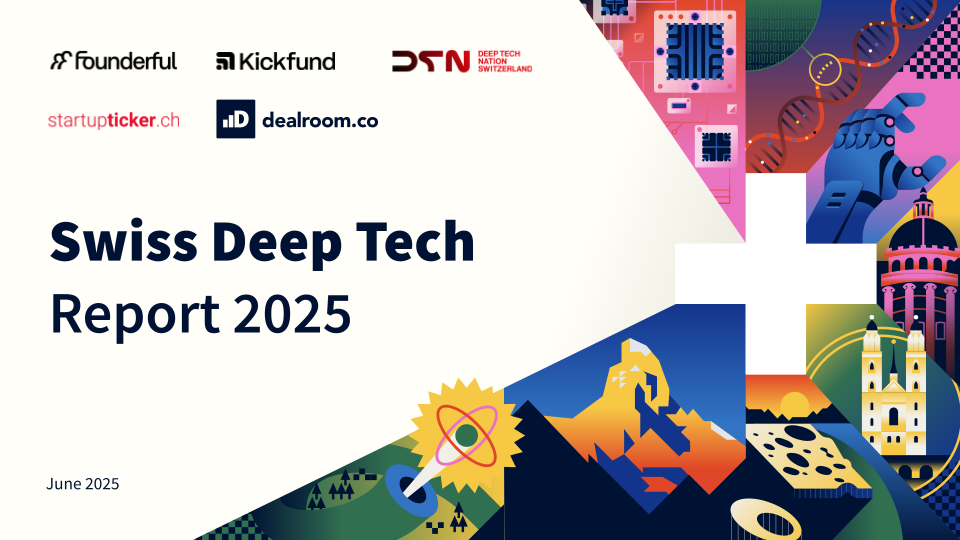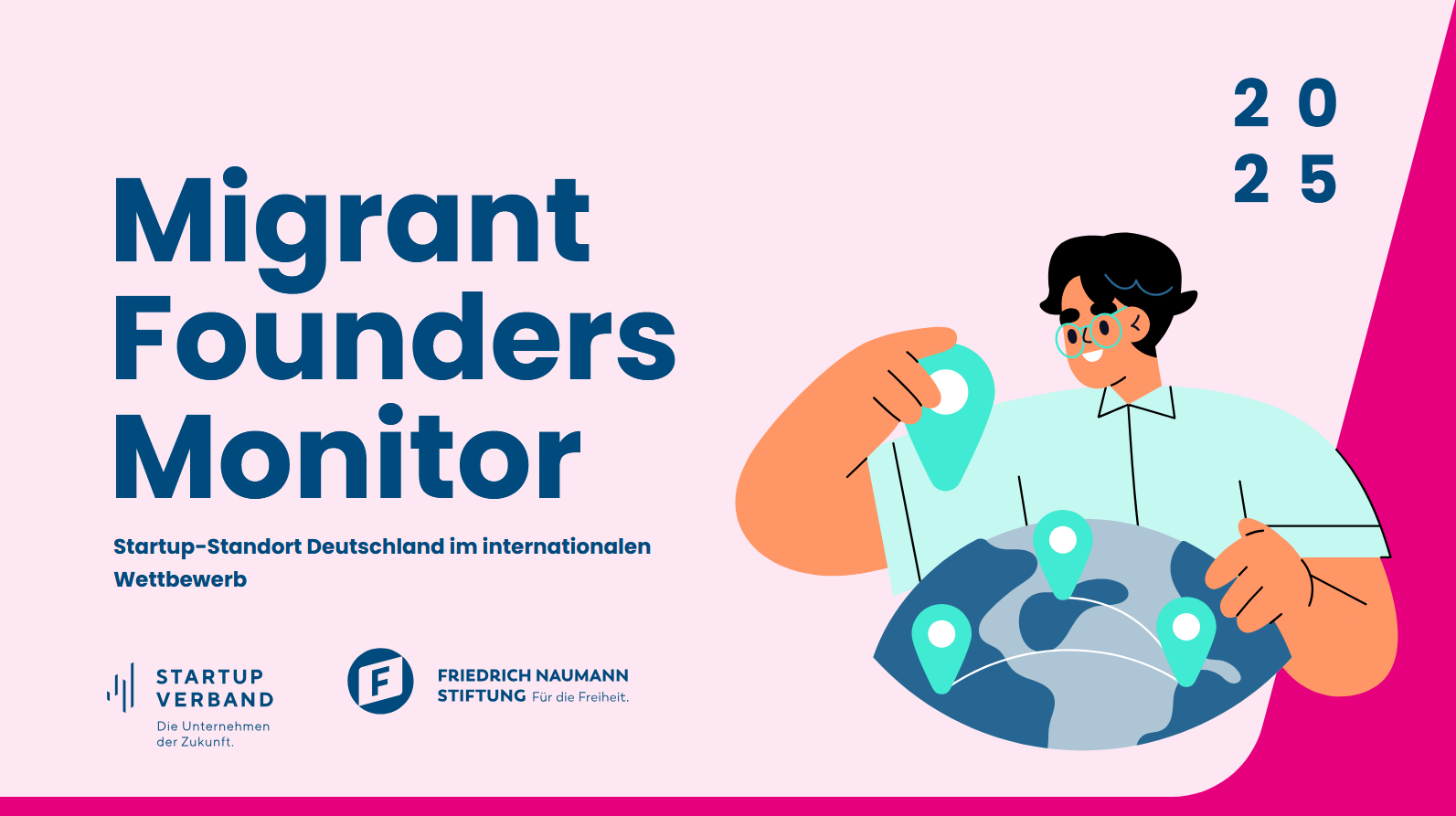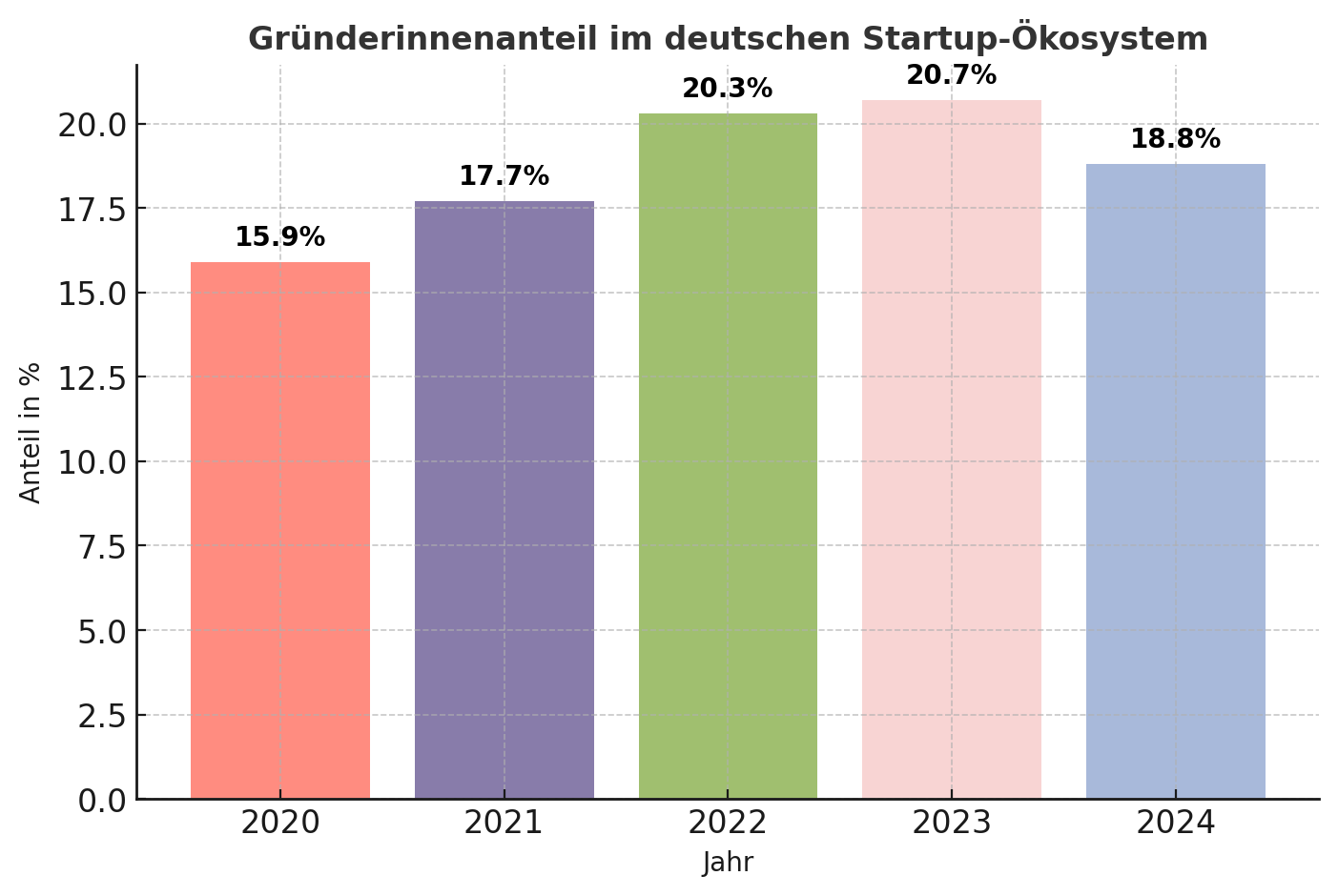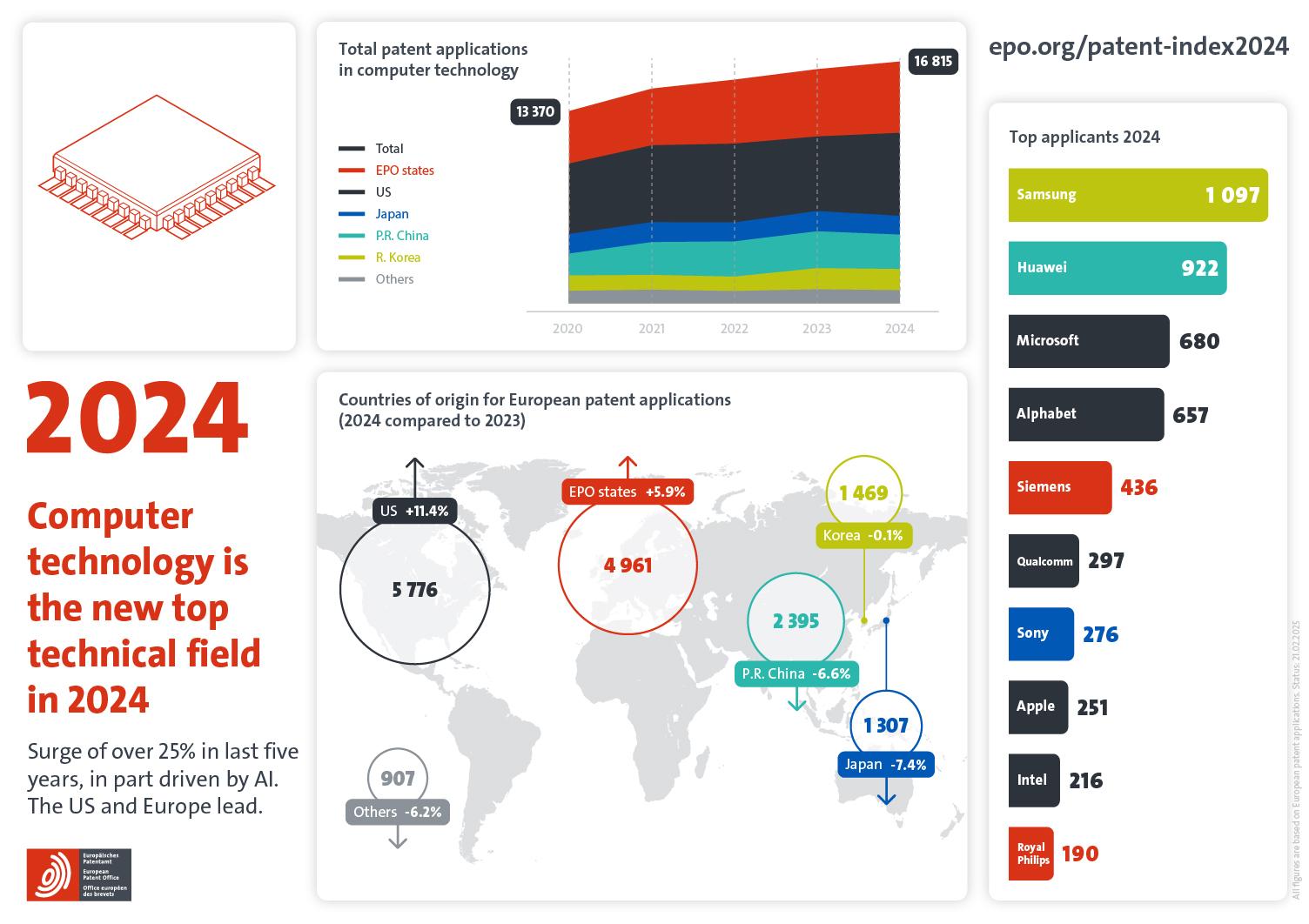How start-ups are conquering the HR industry

On the one hand, there is a shortage of skilled workers, on the other hand, companies are still sending out boring job requests on Linkedin and Xing. Many founders see a gap in the market here: HR start-ups are booming.
A recruiter places a job ad on Xing, looking for a Senior Java Software Engineer. Competition is fierce, as one in three vacancies in IT professions currently remains unfilled, as a study by Kofa has shown. If you want to convince a good developer, you have to make an effort.
And yet the text of the application seems very generic. "Do you stand for innovation and modernization of business processes and want to work in a company that is the key to success?" That's the first sentence. The exact company is not mentioned in the job advertisement. There is talk of "above-average remuneration" - but exactly how high is left open.
Boring Xing requests
Is that enough to arouse the interest of a highly sought-after IT specialist? Probably not. But there are plenty of job advertisements like this one, with boringly worded emails from recruiters constantly landing in the Linkedin and Xing inboxes of sought-after specialists. It almost seems as if companies have capitulated in their search for suitable employees. Founders have recognized this weakness - and are founding HR start-ups. The perfect candidate for a job is no longer found by humans, but by algorithms. However, experts warn against this trend and warn against relying solely on software.
In the USA, AI-based HR consulting has been around for some time, explains Guido Friebel, Professor of Human Resources Management at Goethe University Frankfurt. "But experience there has shown that it is not a good idea to rely solely on algorithms," he says. "Otherwise, companies lose their HR expertise and therefore control over who they hire and who they don't."
HR departments are currently capitulating to the wealth of data that is now available thanks to platforms such as Linkedin and Stepstone.
Guido Friebel, Professor of Human Resources Management at Goethe University
Instead, companies should hire more data scientists for their HR department and analyze data on current and future employees themselves. "HR departments are currently capitulating to the wealth of data that is now available thanks to platforms such as Linkedin or Stepstone."
German start-ups such as Talentwunder have recognized the problem of this data jungle - and have turned the solution into a business model. Founded in 2014, the company has developed software that reads publicly accessible data from over 30 portals - including job platforms such as Linkedin and Xing, but also networks such as Researchgate and Github, where experts tend to exchange information. Applicant profiles are then compiled from the various data. When a company searches Talentwunder for the right new employee, it is shown a ranking list of potential candidates.
Talentwunder searches for capable candidates
"Whether a candidate is a good fit for the company depends primarily on their skills," explains Steffen Tröger, who has been Managing Director of Talentwunder since the start of 2020.
If, for example, a company from the catering sector were looking for a suitable sales manager, the search engine would also suggest candidates who have a different job. "A restaurateur, for example, also has sales talent, knows the industry, is articulate and can multitask."
"Suitable candidates are often contacted in a very generic way because the aim is to reach as many applicants as possible."
Steffen Tröger, Managing Director of Talentwunder
Most companies would not think outside the box like this when looking for employees on LinkedIn. Another mistake that Tröger often observes: "Suitable candidates are often contacted in a very generic way because the aim is to reach as many applicants as possible."
However, it is more effective to contact as few - but suitable - specialists as individually as possible. Talentwunder would also help its customers, which include Deutsche Bahn, Liebherr and Allianz, with this. Talentwunder has been operating profitably since 2020 and Tröger now emphasizes that the company no longer sees itself as a classic start-up.
Making recruitment cheaper
Another HR start-up has also recognized that companies are overwhelmed by the search for employees on networks such as Linkedin and Xing: Moberries wants to make recruitment cheaper for companies and automate it. "We want to help as many people as possible in their career search and offer the best experience," promises co-founder Terence Hielscher.
To achieve this, Moberries has developed a neural network, a kind of artificial intelligence. Its goal: to bring companies together with suitable applicants. However, unlike Talentwunder, Moberries does not collect data from other job portals. Anyone who wants to be considered for a position must register in advance, which can also be done via WhatsApp or Telegram.
Network learns from feedback
Users can then submit their CV and answer questions - "the more the better", as Hielscher emphasizes. The registered companies are suggested candidates that the algorithm recognizes as suitable. If they reject it, they have to click on a short feedback field and explain why. In this way, the network learns - and so does the employee.
"30 percent of the candidates suggested by the algorithm make it to the next stage - in other words, they have a job interview," says Hielscher. Moberries also helps with the Linkedin search for employees - companies can hire so-called virtual recruiters who have been trained by Moberries.
Algorithms can also be discriminatory.
Terence Hielscher, co-founder of Moberries
2,000 companies are currently customers of Moberries, including Ionos, Bertelsmann and Volksbanken. The concept seems to be working. And yet even the founder himself warns: "Algorithms can also be discriminatory. They are only as good as the input they receive." Only when they receive a lot of data do they become less discriminatory than humans.
An assessment that he shares with experts such as Michael Kramarsch. He is the founder of the management consultancy Hkp and has focused as an investor on HR start-ups, including Talentwunder. "If an AI were to take over the selection process for a board position using data from the last thirty years, you can be sure that it would choose an older, white man," he says.

It must therefore be ensured that the AI is based on high-quality data. HR departments must also be able to understand such tools if they rely on them. "Otherwise, there is a risk of a certain loss of autonomy," he warns. HR managers would then rely too much on the results or recommendations of the technology.
However, when used correctly, digital technology accelerates the recruiting process. "People with the right skills are found more quickly and the selection process is potentially less discriminatory."
Discrimination against young mothers
However, discrimination can not only become a problem during the application process, but also afterwards - especially for employees with family commitments. Sandra Westermann experienced this in her old job as a TV production manager. She was dismissed in the middle of her parental leave - although this was not even in accordance with the law.
She then looked for a job that was compatible with her new family situation - for example, because of a flexible working time model and the option to work from home part of the time. "There was a job board for everything back then, but not for family-friendly jobs," she says. That's why she decided to set up her own job portal at the end of 2018. The target group? Mainly mothers, but also young women without children. Ten percent of users are male, says the founder.

"Superheldin", as the start-up is called, earns money per job advertisement. "We also advise companies on recruiting women," says Westermann. She and her team check every advertisement and decide whether it meets the requirements. This includes not only the working conditions, but also the wording.
Women are more easily put off
"Women are more easily put off by high requirements than men," says the founder. One example is "business fluent English" - companies often just mean that they are looking for employees with a solid command of English. "We then report back to the companies what they can do better."
Many of the customers - including the Deutsche Bundesbank - would gratefully accept this. After all, companies are desperately looking for employees due to the shortage of skilled workers, but also because of the women's quota. Generic job advertisements on Xing and Linkedin are no longer enough.

Newsletter
Startups, stories and stats from the German startup ecosystem straight to your inbox. Subscribe with 2 clicks. Noice.
LinkedIn ConnectFYI: English edition available
Hello my friend, have you been stranded on the German edition of Startbase? At least your browser tells us, that you do not speak German - so maybe you would like to switch to the English edition instead?
FYI: Deutsche Edition verfügbar
Hallo mein Freund, du befindest dich auf der Englischen Edition der Startbase und laut deinem Browser sprichst du eigentlich auch Deutsch. Magst du die Sprache wechseln?



